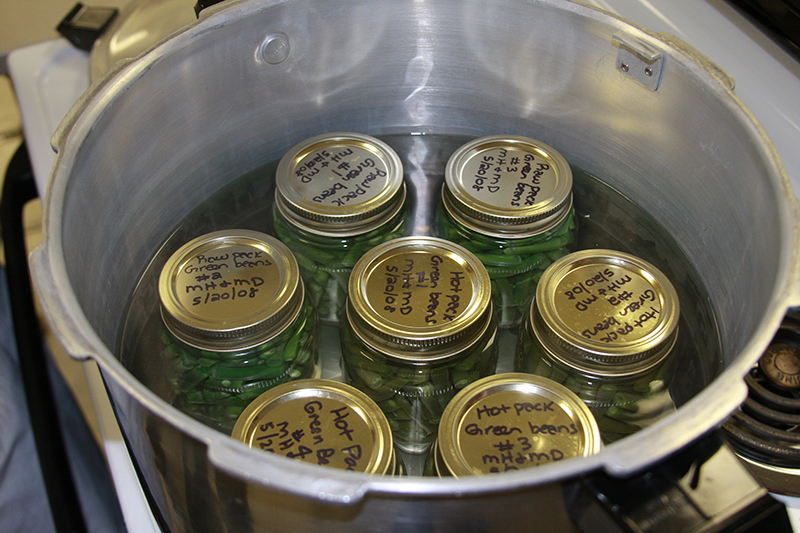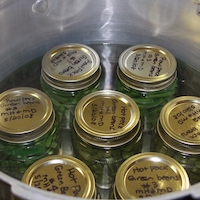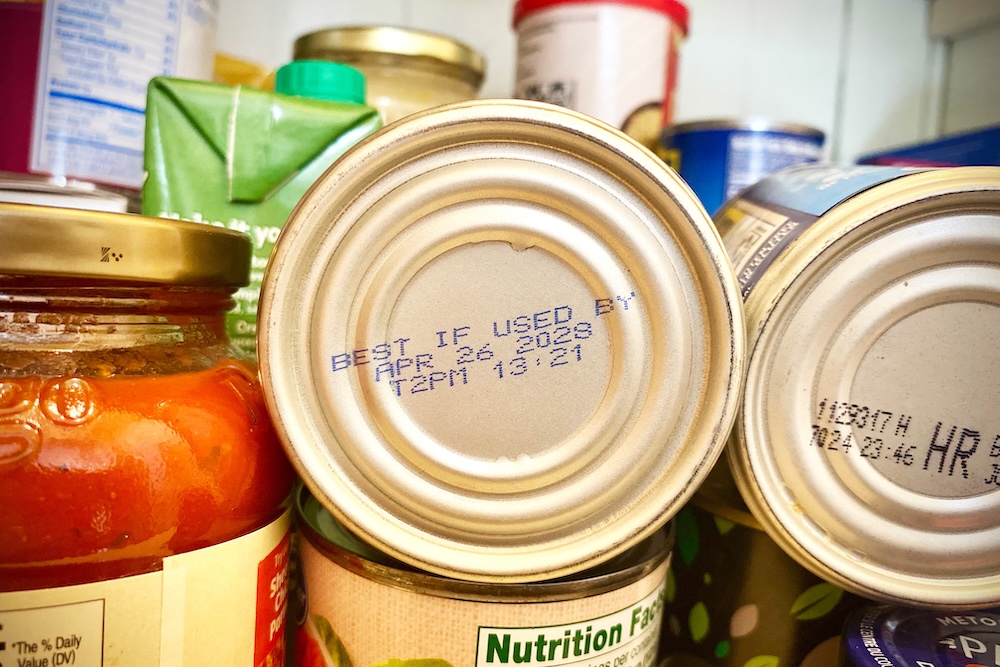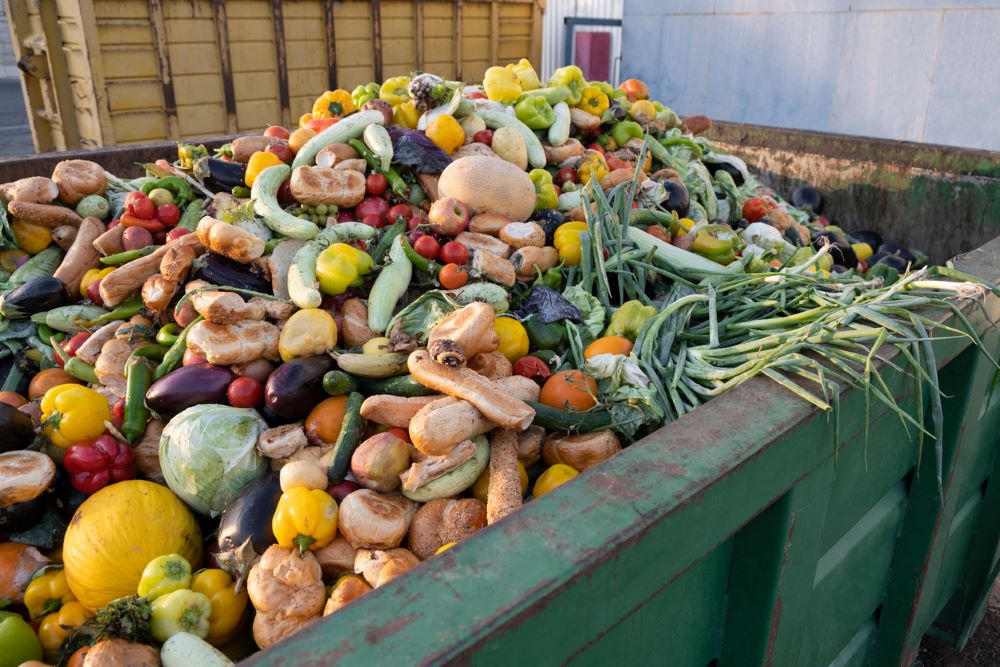Foods produced during their natural growing season often have greater nutritional value, and canning enables consumers to have more control over their food by preserving seasonal produce.
About one-third of consumers who can food at home process low-acid foods, such as green beans, carrots and okra, but many make a key mistake before they even start canning. Low-acid foods require a pressure canner to heat the food to extremely high temperatures, which makes the food shelf-stable. This only works if the gauge on the pressure canner is accurate.
The U.S. Department of Agriculture recommends that consumers test dial gauges for accuracy and check their condition every year. The calibration of a dial gauge can easily shift as the consumer handles the pressure canner over time. The calibration can change slowly and go unnoticed.
Canning recipes include specific temperatures and times in order to kill harmful bacteria. If the pressure is below what is recommended, the jar may not heat up to a level that would prevent botulism.
Clostridium botulinum, the bacteria that causes botulism, forms spores. When conditions prevent the growth of the bacteria — high heat, dryness, etc. — bacterial cells form a protective structure called a “spore” to preserve the bacteria. The temperature must be higher than the boiling point to destroy the spore. If the spores are not destroyed, they will germinate and produce toxins in the food.
Vacuum seals don’t necessarily protect preserved food. Food not processed at the recommended pressure pose serious safety concerns that can lead to severe illness and even death.
In addition to food safety, incorrect preservation also threatens food quality. If a dial gauge displays the pressure level as lower than actual pressure, food is processed at a higher temperature than is necessary, which results in overcooked food with a soft texture.
Many University of Georgia Cooperative Extension offices provide free dial-gauge testing. Contact your local UGA Extension office for more details. Preparing now will keep you and your family safe and enjoying seasonal flavors year-round.
UGA publications about preserving food through canning are available on the National Center for Home Food Preservation website at nchfp.uga.edu/publications/publications_uga.html.








